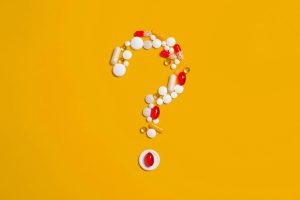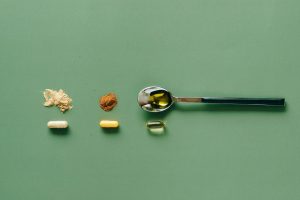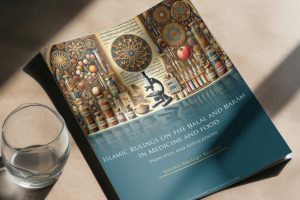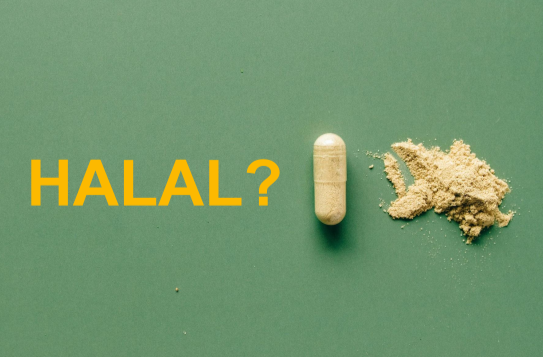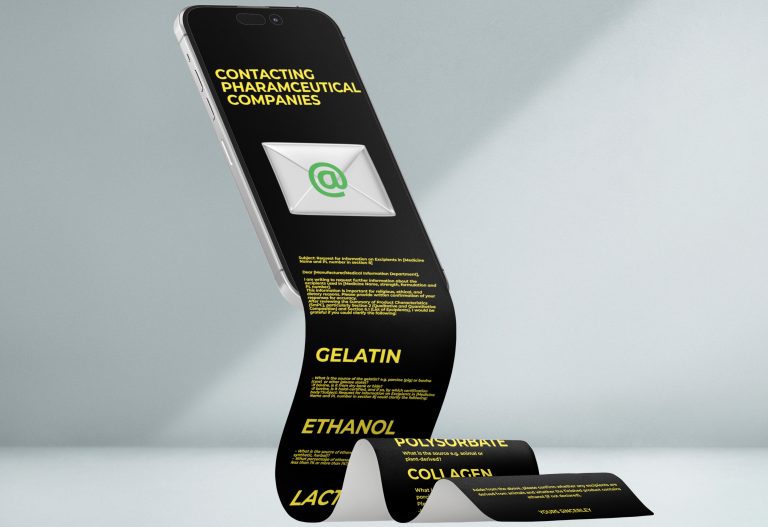Estradiol in medicines
This information resource can help you understand how estradiol is used in medicines, the concerns around its use in medicines for the Muslim community, and whether its use in medicines is halāl (permissible) or harām (prohibited) in Islam.
This resource is for the Muslim community (including patients, carers, parents and members of the public). All healthcare professionals (HCPs), their teams and anyone involved in delivering care and support (across all care settings) to Muslim individuals, may also find it useful. It can be used to support person-centred and informed decision-making around taking medicines that align with an individual’s Islamic values and beliefs.
Estradiol
Estradiol is a form of oestrogen, a female sex hormone.1 Estradiol is mainly synthetically derived.
Conjugated oestrogen is another type of oestrogen. Conjugated oestrogen is animal-derived and extracted from the urine of pregnant mares (female horses or other equine).2
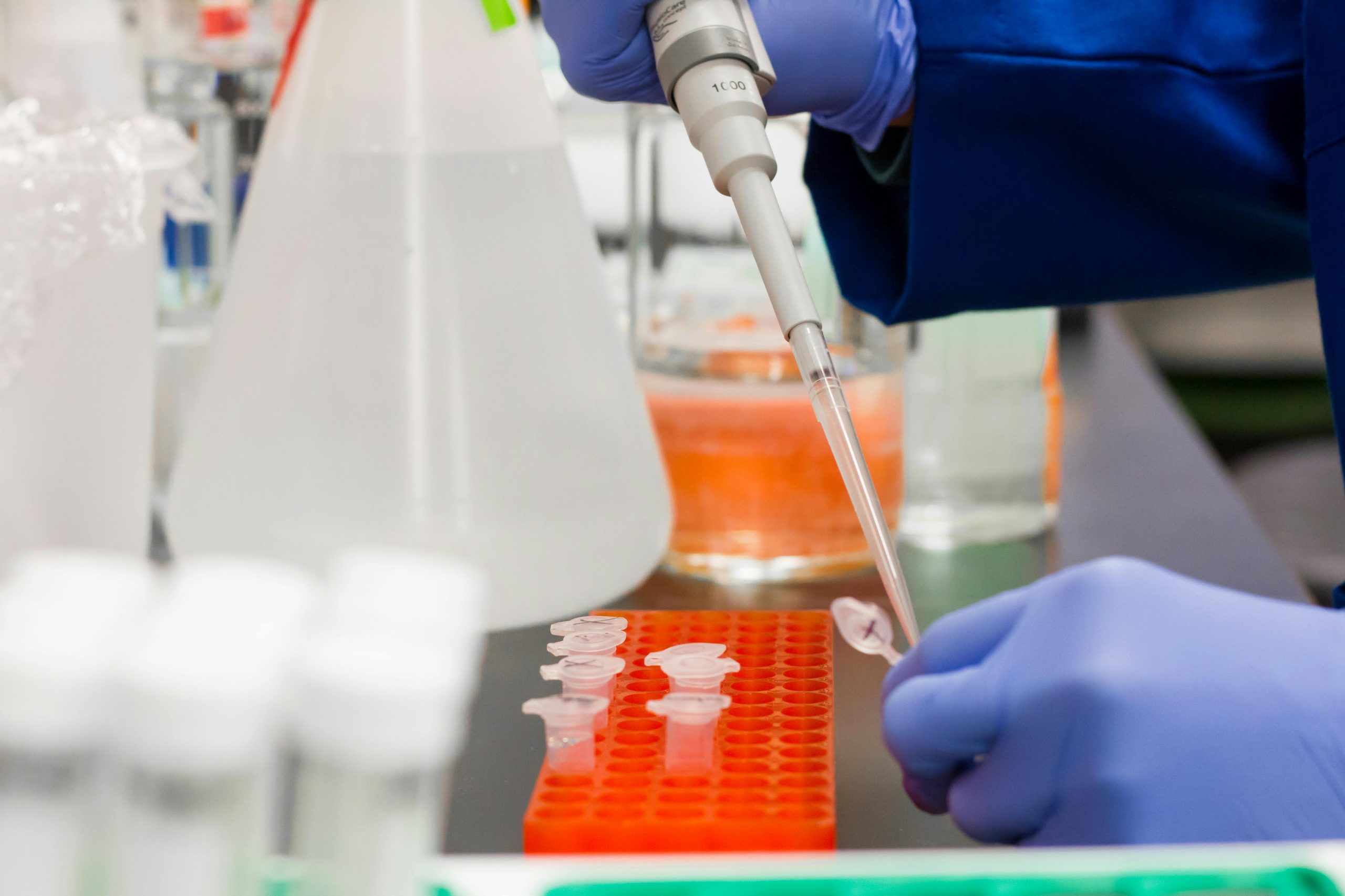
Estradiol is mainly synthetically derived

Conjugated oestrogen is mainly animal-derived
How estradiol is used in medicines
Estradiol (oestrogen) is used to make medicines such as:
- Hormone replacement therapy (HRT) to treat the symptoms of menopause (e.g. hot flushes and vaginal dryness) and prevent osteoporosis in women. Estradiol (oestrogen) HRT is available in different formulations such as tablets, patches, gels and sprays
- Oral contraceptives to regulate the menstrual cycle and prevent pregnancy
- Hormones for the treatment of hormonal disorders related to oestrogen deficiency, such as hypogonadism and delayed puberty.
Conjugated oestrogen is also used to make HRT to treat the symptoms of menopause. However, it is less commonly used. It is available as an oral tablet, for example, as Premarin.3
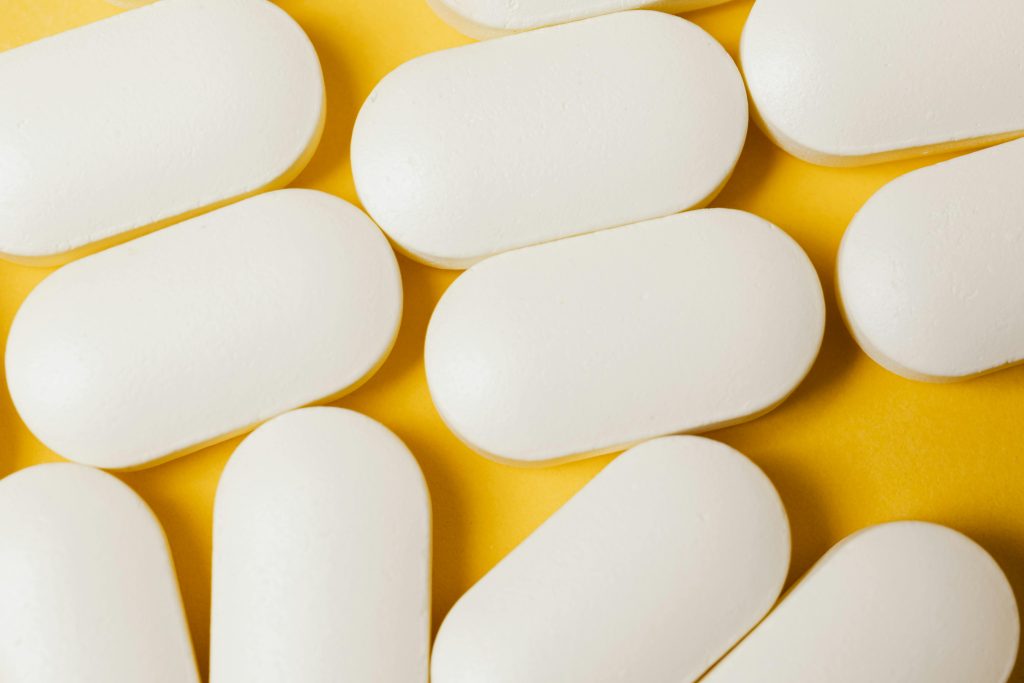
Hormone replacement therapy (HRT)
Why this is important
For the Muslim community
For the Muslim community, it is important to check if your medicine contains estradiol and if it is Islamically permissible to take/use. It is important to check if your medicine contains oestrogen (estradiol or conjugated oestrogen) and to clarify the source (animal or synthetic). To find out if a medicine contains estradiol or conjugated oestrogen, see the section on ‘Checking medicine information’.
Estradiol is mainly synthetically derived and is considered halāl. However, another type of oestrogen called conjugated oestrogen, is derived from animal urine. Urine is considered harām, legally impure (najis) and repulsive by most scholars due to its origin from urine. Cross-contamination may also occur during the manufacturing process if estradiol is processed in facilities that handle harām sources (e.g. pork/alcohol). Therefore, it is important to check for halāl certification to ensure halāl-compliant manufacturing. To find out about the source and for halāl-certification, see the section on ‘Checking medicine information’. For further information on the permissibility of oestrogen, see the section on ‘Is all oestrogen halāl or harām?’.
For HCPs
For HCPs and anyone involved in delivering care and support, it is important to:
- Understand which ingredients and/or excipients in medicines may be a concern for practising Muslims and why. For further information, see our resources under ‘Ingredients and excipients in medicines‘
- Have open discussions with individuals about their personal values or beliefs that may relate to their care and support where possible – e.g. some individuals may wish to avoid certain ingredients/excipients in medicines due to religious beliefs, others may not be as practising or have the same beliefs, so it is important to ask
- Discuss ideas, concerns and expectations – e.g. during consultations, you may be asked to help individuals to understand whether certain ingredients/excipients are present in their medicine(s), its source, and whether it is likely to be considered permissible in Islam/suitable for a halāl diet
- To find out how to check if a medicine contains harām ingredients and/or excipients, see the section on ‘Checking medicine information’
- For further information on the conditions of when it is acceptable for a practising Muslim individual to take/use a medicine that contains harām ingredients and/or excipients, is derived from harām sources, or where there is cross-contamination with harām sources, see our resource on ‘What to do if a medicine contains harām ingredients and/or excipients’.
- Respect and support individuals in making informed decisions about their treatment
- Understand that you may be asked to explore alternative formulations that meet the individual’s religious requirements (where available), alternative companies that make the medicine without a particular excipient/ingredient (where possible), or alternative treatment options for the condition (where clinically appropriate)
- HCPs may find the Specialist Pharmacy Service (SPS) resource on ‘Searching for presence or absence of an excipient in medicines‘ useful to help find alternative halāl medicines that don’t contain certain ingredients or excipients. For further information, see the SPS website
- There may be situations where you cannot prescribe/supply an alternative halāl medicine which you may need to explain to the individual. For further information, see our resource on ‘What to do if a medicine contains harām ingredients and/or excipients’, under the sections on ‘Hardship begets facility’ and ‘Limitations on prescribing an alternative halāl medicine‘.
Checking medicine information
You can check if a medicine contains oestrogen (estradiol or conjugated oestrogen) using the relevant product patient information leaflet (PIL) or summary of product characteristics (SPC) which is available on the electronic medicines compendium (emc) website. You may also find our resource on ‘How to find out if a medicine contains harām ingredients and/or excipients’ useful. If you are still unsure if a medicine contains oestrogen (estradiol or conjugated oestrogen), speak to your local pharmacist as they are the experts in medicines.
You may need to contact the manufacturer to find out other information such as source and halāl certification. Please note that information regarding cross-contamination or potential contact with harām sources (e.g. pork/alcohol) is not always readily available from manufacturers.
It is important to remember that even if you find out a medicine contains possible harām ingredients and/or excipients, is derived from harām sources, or that there is cross-contamination with harām sources, this does not always mean it is prohibited to take/use. For further information, see our resource on ‘What to do if a medicine contains harām ingredients and/or excipients’. It includes the conditions of when it is acceptable to take/use a medicine in these circumstances. It can also be used to support person-centred discussions between individuals and HCPs, and help make informed decisions around taking medicines that are both clinically appropriate and align with an individual’s Islamic values and beliefs.
Is all oestrogen halāl or harām?
The table below summarises the rulings of animal oestrogen and synthetically derived oestrogen according to the four Sunni schools4:
| Source | Ḥanafī | Mālikī | Shāfiʿī | Ḥanbalī |
|---|---|---|---|---|
| Animal urine derived conjugated oestrogen | ❌Harām to consume. Urine is considered legally impure (najis). | ❌Harām to consume. Urine is considered repulsive, even though it is considered legally pure (ṭāhir). | ❌Harām to consume. Urine is considered legally impure (najis). | ❌Harām to consume. Urine is considered repulsive, even though it is considered legally pure (ṭāhir) |
| Synthetically derived oestrogen e.g. estradiol | ✅ Halāl | ✅ Halāl | ✅ Halāl | ✅ Halāl |
In summary, oestrogens that are derived from animal urine such as conjugated oestrogen, are considered harām and legally impure (najis) according to the four schools of thought. However, oestrogens that are synthetically derived such as estradiol, are considered halāl according to the four schools of thought.
If you are still unsure if a medicine is permissible to take/use, speak to your local Imam or trusted Islamic scholar (ideally who has relevant knowledge and expertise in the Fiqh of medicines).
Halāl alternatives
Estradiol is mainly synthetically derived and is considered halāl. If you are seeking halāl products, look for halāl-certified, plant-based, or synthetic alternatives (where available and possible). Alternative oestrogen for use in HRT is available e.g. from:
- Plant-based sources (wild yam, soy)
- Synthetic sources using biotechnological methods (recombinant DNA technology) – e.g. synthetic estradiol which is bioidentical to natural human estradiol.1
Summary
- Estradiol is a form of oestrogen, a female sex hormone. It is an ingredient used in medicines such as HRT and oral contraceptives
- For the Muslim community, it is important to check if your medicine contains conjugated oestrogen or estradiol, and to clarify if it is derived from harām sources or if there has been cross-contamination with harām sources, this will help you to determine if a medicine is Islamically permissible to take/use
- Individuals on HRT or contraceptives can check if a medicine contains conjugated oestrogen or estradiol using the PIL or SPC, alternatively speak to your local pharmacist
- If you are seeking information about halāl status or alternatives – do not stop, delay, change, or change the way you take/use your medicine(s) without discussing this first with the healthcare professional who prescribed/supplied it to you
- Always consult your healthcare professional if you have any questions and before making any decisions about your treatment.
- For HCPs and anyone involved in delivering care and support to the Muslim community, it is important to have open discussions with individuals about their personal values or beliefs that may relate to their care and support where possible
- Synthetically derived estradiol (oestrogen) is halāl
- Conjugated oestrogen (e.g. Premarin) is animal-derived and considered harām, legally impure (najis) and repulsive by the majority of Islamic scholars due to its origin from urine
- You should follow the guidance of your school of thought (madhhab). If you have further queries about the permissibility of medicines, consult a qualified local Imam or trusted Islamic scholar (ideally someone who has relevant knowledge and expertise in the Fiqh of medicines)
- You can check if the following information is available from the relevant manufacturer(s) (manufacturers may have limited information):
- Source of conjugated oestrogen or estradiol (animal or synthetic)
- Halāl certification – to ensure halāl-compliant manufacturing
- If you are seeking halāl products, look for halāl-certified, plant-based, or synthetically derived oestrogen (e.g. estradiol) over an animal derived conjugated oestrogen (e.g. Premarin) (where available and possible).
References and further reading
- NHS (2023). About oestrogen tablets, patches, gel and spray. [online] nhs.uk. Available at: https://www.nhs.uk/medicines/hormone-replacement-therapy-hrt/oestrogen-tablets-patches-gel-and-spray/about-oestrogen-tablets-patches-gel-and-spray/ ↩︎
- Lippert TH, Mueck AO, Seeger H. Is the use of conjugated equine oestrogens in hormone replacement therapy still appropriate? Br J Clin Pharmacol. 2000 May;49(5):489-90. Accessed 1.3.2025 from: https://pmc.ncbi.nlm.nih.gov/articles/PMC2014957/ ↩︎
- British National Formulary (n.d.). BNF is only available in the UK. [online] NICE. Available at: https://bnf.nice.org.uk/drugs/conjugated-oestrogens-equine/. ↩︎
- Islamic Perspective on Animal-Derived Estradiol (Premarin) and Synthetic Estradiol by Shaykh Dr Rafaqat Rashid ↩︎


